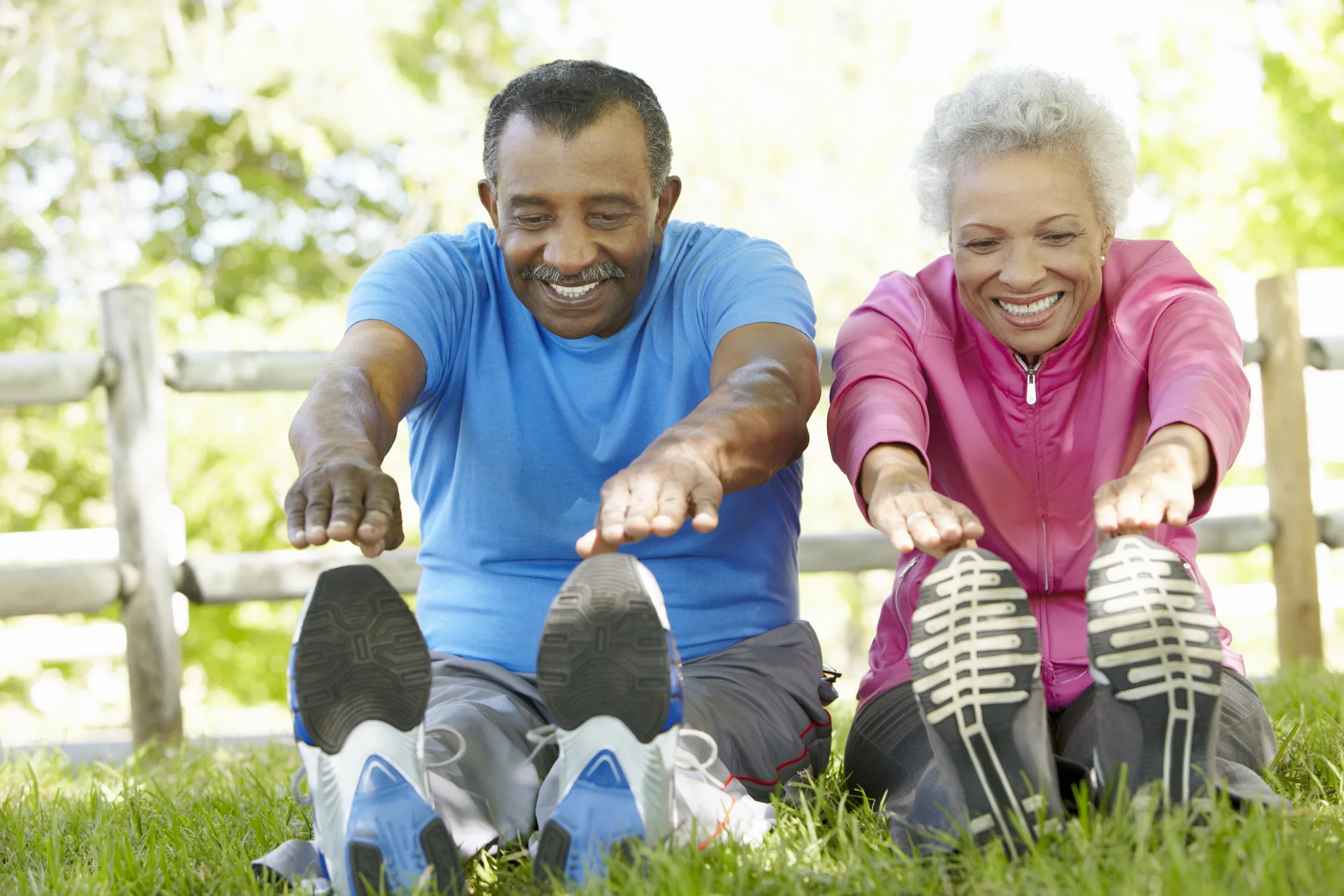For athletes constantly pushing their physical limits, recovery is just as crucial as the training itself. In the relentless pursuit of peak performance, innovative recovery methods are always being explored. One such emerging trend is the use of hydrogen bath machines – devices that infuse bathwater with molecular hydrogen – and the research behind their potential benefits, with some athletes reportedly incorporating them into their routines.
What is a Hydrogen Bath Machine?
Hydrogen bath machines use advanced electrolysis (think: science fair meets spa day) to infuse your bathwater with pure molecular hydrogen (H₂)
This is not your average bubble bath—the system splits water molecules, releasing hydrogen gas, which dissolves into your bath. The result? A tub full of antioxidant-rich, hydrogen-infused water, ready to soak your stress and soreness away
The Scientific Rationale: Why Hydrogen Baths?
The interest in hydrogen baths, particularly for athletes, stems from the well-documented antioxidant and anti-inflammatory properties of molecular hydrogen. When dissolved in bathwater, hydrogen can be absorbed through the skin, potentially offering several benefits:
- Combating Oxidative Stress: Intense physical activity leads to increased production of reactive oxygen species (ROS), causing oxidative stress which contributes to muscle fatigue, inflammation, and delayed onset muscle soreness (DOMS). Molecular hydrogen is a selective antioxidant, meaning it can neutralize these harmful free radicals without disrupting essential biological processes. Soaking in a hydrogen bath may help reduce this oxidative burden on the muscles and tissues.
- Reducing Inflammation: Inflammation is a natural response to exercise, but chronic inflammation can hinder recovery. Studies suggest that hydrogen can modulate inflammatory pathways. Transdermal absorption of hydrogen during a bath could potentially help reduce localized and systemic inflammation caused by strenuous training.
- Promoting Muscle Recovery: By mitigating oxidative stress and inflammation, hydrogen baths may contribute to faster and more effective muscle recovery. Some research indicates that hydrogen can help reduce lactic acid buildup and muscle damage after intense exercise.
- Improving Circulation: Some studies have shown that hydrogen-rich water can improve blood circulation. A warm bath already promotes vasodilation, and the addition of hydrogen might further enhance blood flow, aiding in the delivery of nutrients and removal of metabolic waste products from tired muscles.
- Skin Health and Relaxation: Beyond muscle recovery, hydrogen baths may also benefit the skin due to its antioxidant properties, potentially reducing irritation and promoting hydration. The warm water combined with the potential therapeutic effects of hydrogen can also promote relaxation and reduce stress, which are vital for overall recovery.
The Research Landscape: What the Studies Say
While the research on hydrogen water for athletes is more extensive, studies specifically investigating hydrogen baths are growing:
- A study published in the Journal of Sports Medicine in 2020 explored the effects of supersaturated hydrogen-rich water bathing on muscle damage and soreness after high-intensity eccentric exercise in young men. The results indicated that hydrogen baths could indeed alleviate post-exercise muscle soreness and reduce some markers of muscle damage.
- Research has also explored the impact of hydrogen baths on skin health and overall well-being. Studies have shown potential benefits for conditions like psoriasis and atopic dermatitis, highlighting hydrogen’s anti-inflammatory properties when absorbed through the skin.
- Some studies suggest that hydrogen-rich water baths can improve blood circulation and even have slimming effects by potentially reducing visceral fat and abdominal circumference over time.
Athletes and Hydrogen Baths: Anecdotal Evidence and the Quest for the Edge
While large-scale clinical trials focusing specifically on athletes using hydrogen baths are still emerging, anecdotal evidence suggests that some athletes are incorporating this recovery method into their routines. The appeal lies in the potential for enhanced muscle recovery, reduced soreness, and the overall feeling of well-being after intense training or competition.
It’s important to note that specific names of athletes who publicly endorse or use hydrogen bath machines can be difficult to find in readily available research. However, the general trend of athletes seeking cutting-edge recovery modalities and the growing body of research on hydrogen’s benefits make it plausible that some are experimenting with this technology.
Considerations and the Future
While the initial research is promising, several factors need consideration:
- Dosage and Concentration: Just like with hydrogen water, the concentration of hydrogen in the bathwater and the duration of soaking likely play a significant role in the potential benefits. Standardized guidelines are still needed.
- Machine Quality and Safety: The quality and safety of hydrogen bath machines can vary. It’s crucial to choose reputable devices that produce pure hydrogen without harmful byproducts.
- Individual Variability: As with any recovery method, individual responses to hydrogen baths may vary.
Takeaway
Hydrogen bath machines represent an interesting intersection of technology and wellness, offering a novel approach to athletic recovery. The scientific rationale behind using hydrogen to combat oxidative stress and inflammation provides a solid foundation for its potential benefits. While more extensive research, particularly focusing on athletic populations, is warranted, the existing studies and anecdotal evidence suggest that soaking in hydrogen-rich water could be a valuable tool for athletes seeking to optimize recovery, reduce muscle soreness, and potentially gain a competitive edge. As the technology evolves and more research emerges, hydrogen baths might just become a more mainstream component of athletic recovery protocols.
Source:
Progress in the Application of Molecular Hydrogen in Medical Skin Cosmetology











